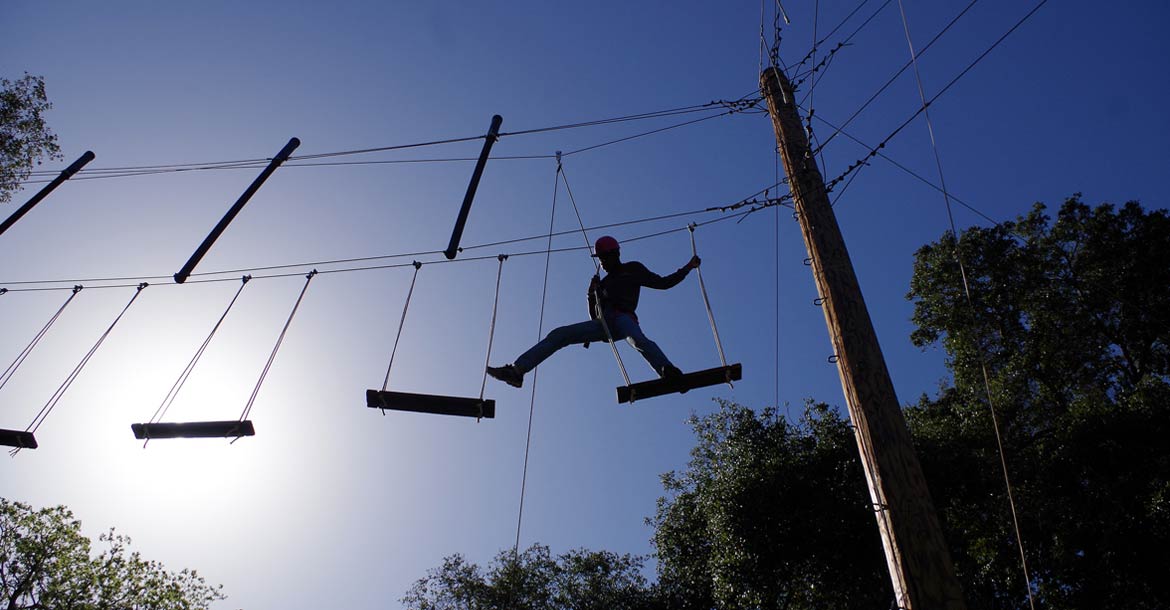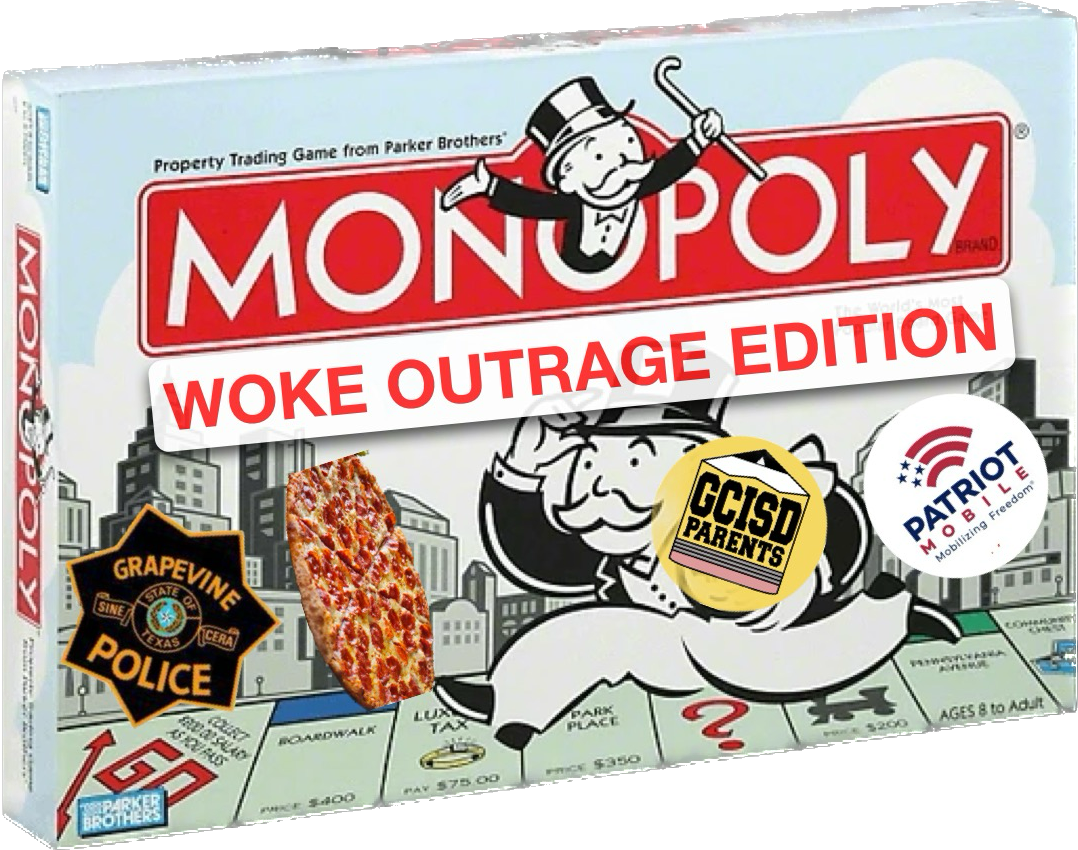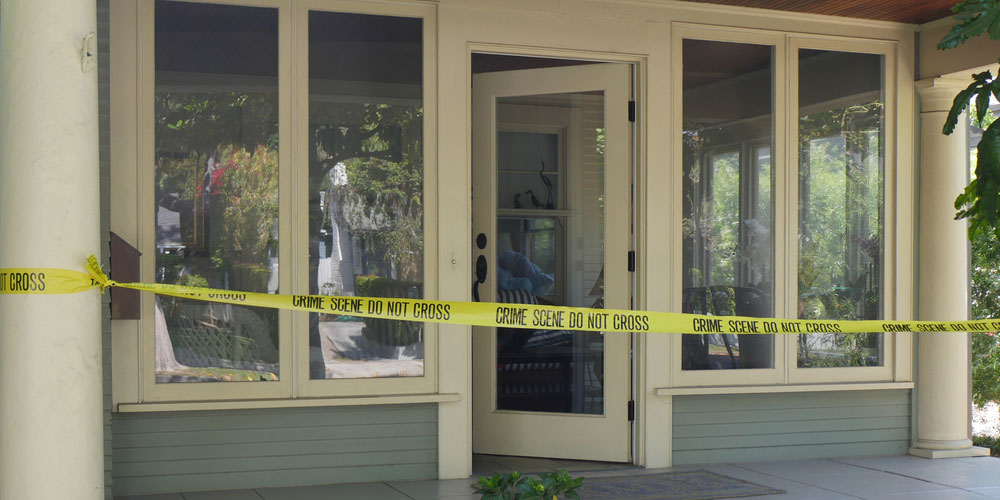A Police Officer’s Journey
The next time some moron tells you police departments will hand anybody a badge and gun and turn them loose on the streets have them read this.
Everything I say here can be verified and is still available in the records archives at the City of Greenville, Texas.
In 1987 I applied for a position as a police officer in Greenville, Texas.
I had to compete with a large group of other candidates by passing the written civil service exam and scoring near the top of the group.
I did (along with only 16 others out of a group that was probably around a hundred) but that didn’t make me a police officer.
Next, I had to pass a physical agility test. I passed the numerous physical tests with above average times.
But that didn’t make me a police officer.
Next, I had to wait for two months while department detectives investigated my background. They collected all my high school transcripts, interviewed all my immediate adult family members, my college professors, my high school teachers, some of my grade school teachers, and even my kindergarten teacher. They interviewed my family’s neighbors and all my previous employers and supervisors.
I had glowing recommendations and support across the board, but I still wasn’t a police officer.
Next I had to pass a nationally accredited psychological health exam. I did.
But I still wasn’t a police officer.
Next I had to be interrogated by an oral interview board, where a diverse group of veteran officers from patrol to CID to administrators grilled me for two hours about everything from my views on diversity, culture, and personal details about nearly every aspect of my life. The board had to unanimously agree on my potential to be a good police officer. One detractor would have sent me back to filling potholes at the state highway department.
I passed.
But I still wasn’t a police officer.
Next I was subjected to a surprise polygraph, where things I had said in my responses to the oral interview board were randomly brought up along with the more mundane questions about whether I’d ever committed crimes, used drugs, held any racist beliefs, etc.
I passed. But I still wasn’t a police officer.
I was finally hired and started recieving a salary as a patrolman trainee and began classes at Texoma Regional Police Academy.
But I still wasn’t a police officer.
I had to attend every class and excel. I saw fellow classmates get “washed out” every week, sometimes every day, because they couldn’t exhibit the skills or aptitude to pass the courses and tests. There were no mulligans and no second chances.
I passed all my tests, succeeded in all those trials, and graduated the academy with less than half of the students that I started with.
But I still wasn’t a police officer.
Next I had to pass the Texas Peace Officer Exam.
I did. But I still wasn’t a police officer.
My first day reporting to work after graduation and passing the state exam I was escorted into the chief’s office where I took an oath, a Texas Peace Officer’s oath.
At that point, I was finally a police officer.
But I still had a long way to go before I was to be trusted on my own. I was assigned to a field training officer and spent months as his partner and gopher before I was sent to my first call by myself.
I was a rookie.
And during that time I watched three other rookies get fired after accomplishing and passing all the requirements and qualifications I had because they displayed poor judgement, failed to meet the expected standards of conduct, or violated policy.
Washed out after the city had invested tens of thousands of dollars in their training and salaries, because the liability of lose canons was not to be tolerated when it came to protection of innocent citizens.
Even after my on the job training under the mentorship of a field training officer was over, I was required to complete a specific number of training classes every fiscal year accredited by the Texas Commission on Law Enforcement Standards and Education in order to maintain my license as a Texas Peace Officer.
Failure to do so would result in immediate revocation of my license and automatic termination.
This is what was required for me to become a police officer and maintain my employment as a cop in a small city of just 40,000 people in 1987.
More than three decades ago.
The requirements are even more rigorous today. Academies are more than twice the duration, and background investigations are even more thorough with the data available through social media.





